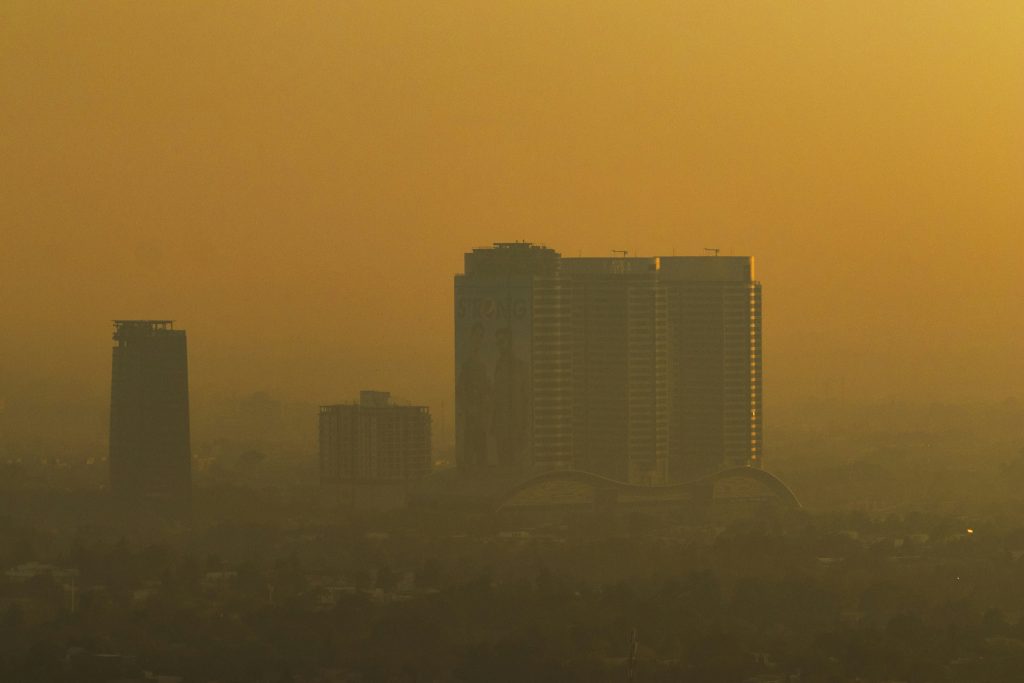Panel: Climate Narratives: Storytelling, Advocacy, & Environmental Justice
Panel
Moderated by: Sana Khosa (Assistant Professor, Mushtaq Gurmani School of Humanities and Social Sciences, LUMS)
More than 280 students, staff and external guests attended the talks. The panel theme of Climate Narratives is a powerful tool for fostering awareness, driving advocacy, and advancing environmental justice. Saba Pirzadeh emphasized on storytelling and literature as an effective tool to amplify diverse and marginalized voices, particularly those from communities disproportionately affected by environmental degradation. Ahmad Rafay Alam and Fazilda Nameel stressed the advocacy efforts to leverage such stories to inspire collective action and influence policy change. Overall, the panel underscored the critical role of culture, storytelling, governance, and equity in addressing climate challenges. By blending policy insights with narratives and practical solutions, the speakers advocated for a multidimensional approach to climate justice and environmental sustainability.
Dr. Ali Khan, Dean of Mushtaq Gurmani School of Humanities and Social Sciences, opened the panel by emphasizing the vital role of culture and heritage in addressing environmental challenges. He highlighted the need for Pakistan to value its environmental and cultural heritage, lamenting the transformation of Lahore from a “city of gardens” to the most polluted city globally. He advocated for interdisciplinary approaches, integrating art and humanities into environmental discourse, to inspire action and preserve Pakistan’s diverse heritage. His remarks underscored the urgent need for proactive, collective action in the face of an escalating environmental crisis.
South Asian Fiction and Converging Climate Catastrophes
Dr. Sana Pirzadeh
Dr. Sana Pirzadeh is an Associate Professor of English at Lahore University of Management Sciences. In her presentation, she explored how South Asian ecological fiction addresses climate change through storytelling. Analyzing Osama Siddique’s Snuffing Out the Moon and Amitav Ghosh’s Gun Island, she illustrated how these works fuse history, mythology, and fiction to critique anthropocentrism and emphasize the interdependence of humans and nature. By weaving narratives of historical retellings and socio-ecological justice, these novels engage readers in reflecting on humanity’s culpability for ecological degradation. Saba stressed the potential of literature to humanize climate issues, offering an immersive way to understand complex environmental challenges.
The Climate Crisis and Our Future
Ahmed Rafay Alam
Ahmad Rafay Alam is a prominent Pakistani environmental lawyer and activist. He painted a stark picture of the global climate crisis, linking Pakistan’s vulnerability to the broken promises of international climate finance and mitigation efforts. He highlighted the catastrophic 2022 floods, exacerbated by climate change, as a stark example of global inequities. Rafay criticized capitalism and governance failures for perpetuating environmental degradation and underscored the need for inclusive decision-making, particularly involving women, in addressing climate challenges. He urged integrating climate awareness into everyday discourse, drawing on storytelling to inspire collective action and policy reform.
But What About Climate Justice Within?
Dr. Fazilda Nabeel
Dr. Fazilda Nabeel is a climate and water governance expert who works directly with the government on many projects. She is also a visiting faculty member at Suleman Dawood School of Business, Lahore University of Management Sciences. She discussed the disconnect between international climate justice rhetoric and the realities of vulnerable communities in Pakistan. She critiqued national climate policies for their symbolic treatment of equity and justice, citing a lack of mechanisms to support marginalized groups. Highlighting initiatives like the Living Indus project and nature-based solutions, Dr. Nabeel emphasized the need for participatory and equitable climate policies. She concluded with a call to integrate climate justice into all levels of policymaking, from national strategies to on-ground programs, ensuring inclusivity and equity.
Location: NIB Auditorium, LUMS
Date: November 8

